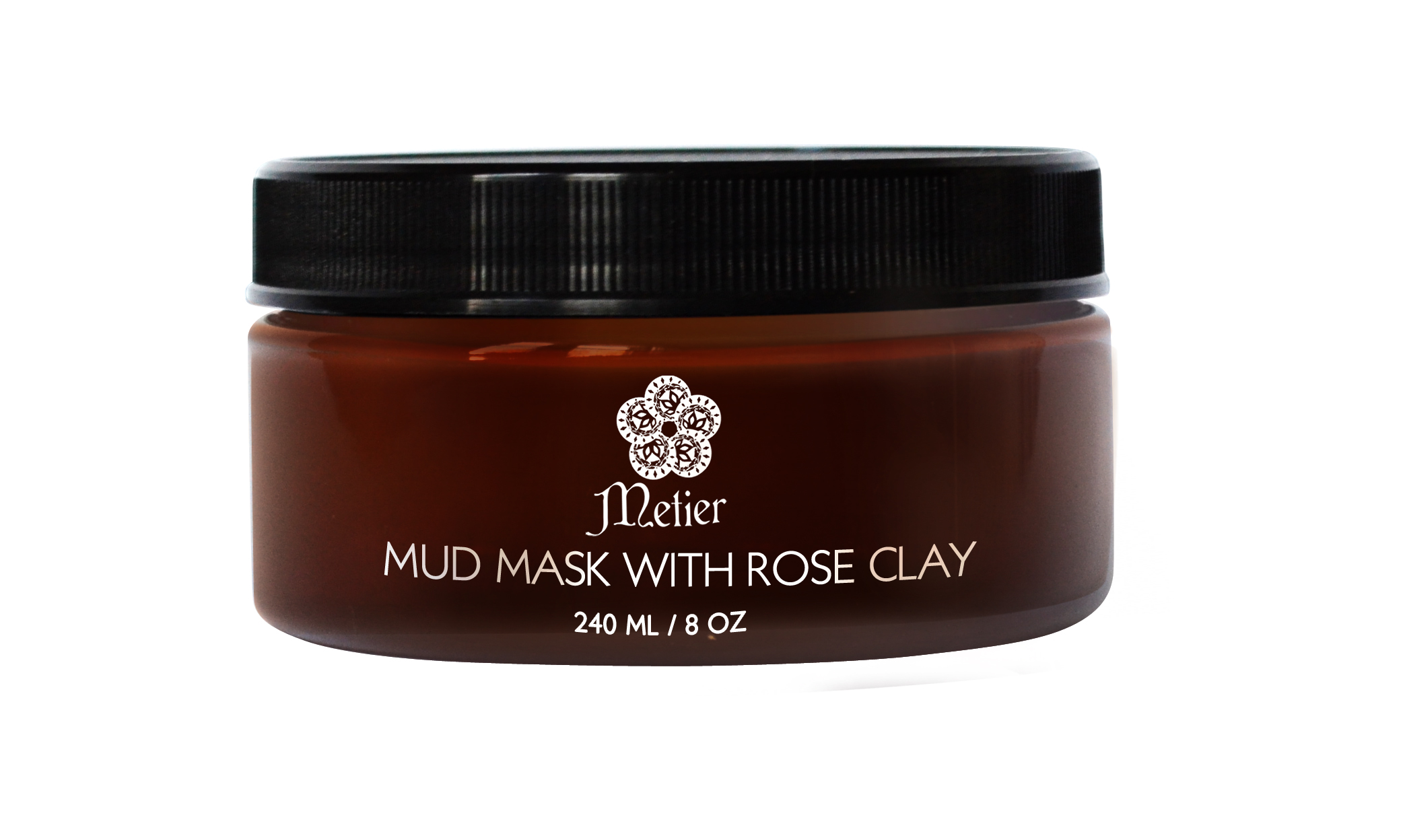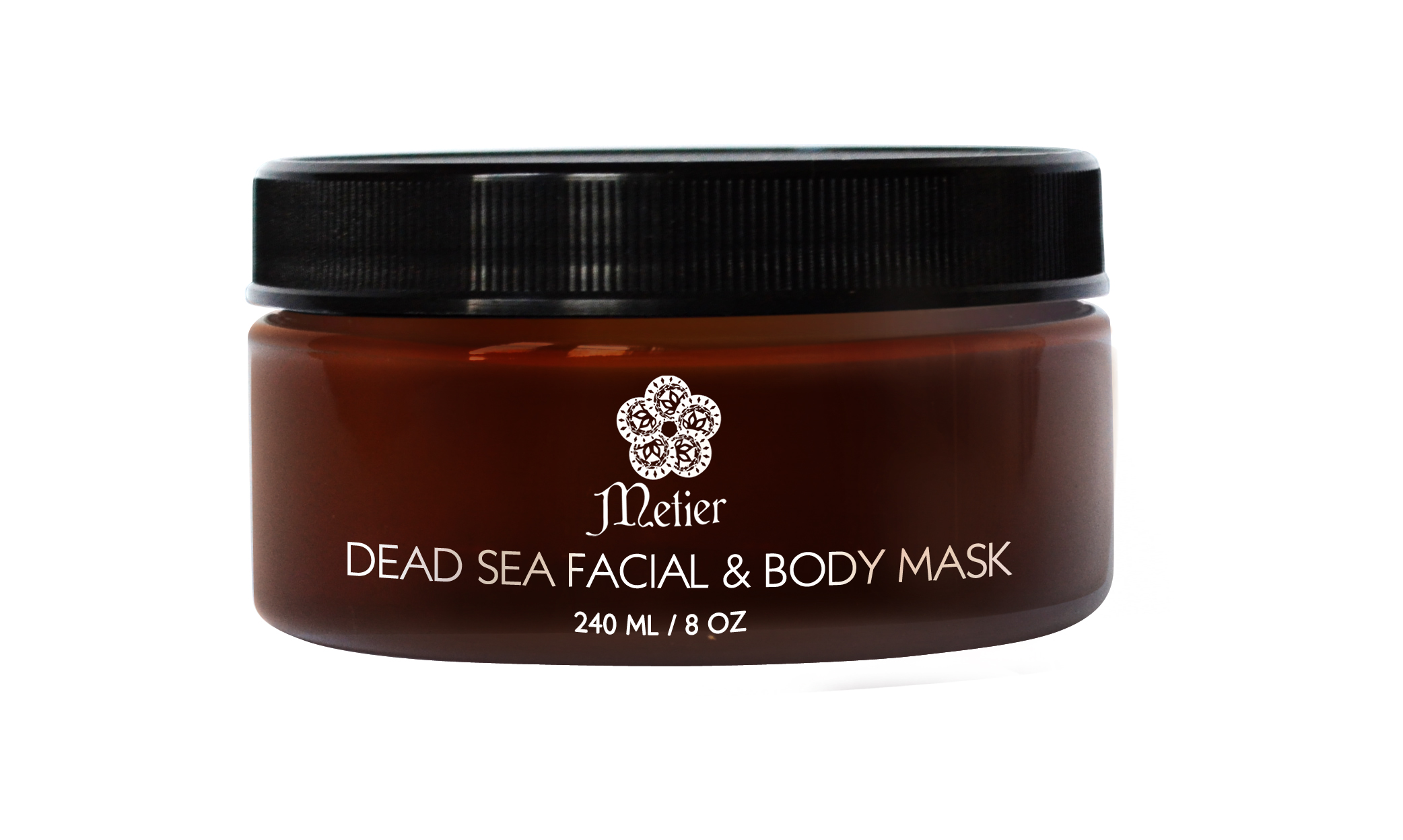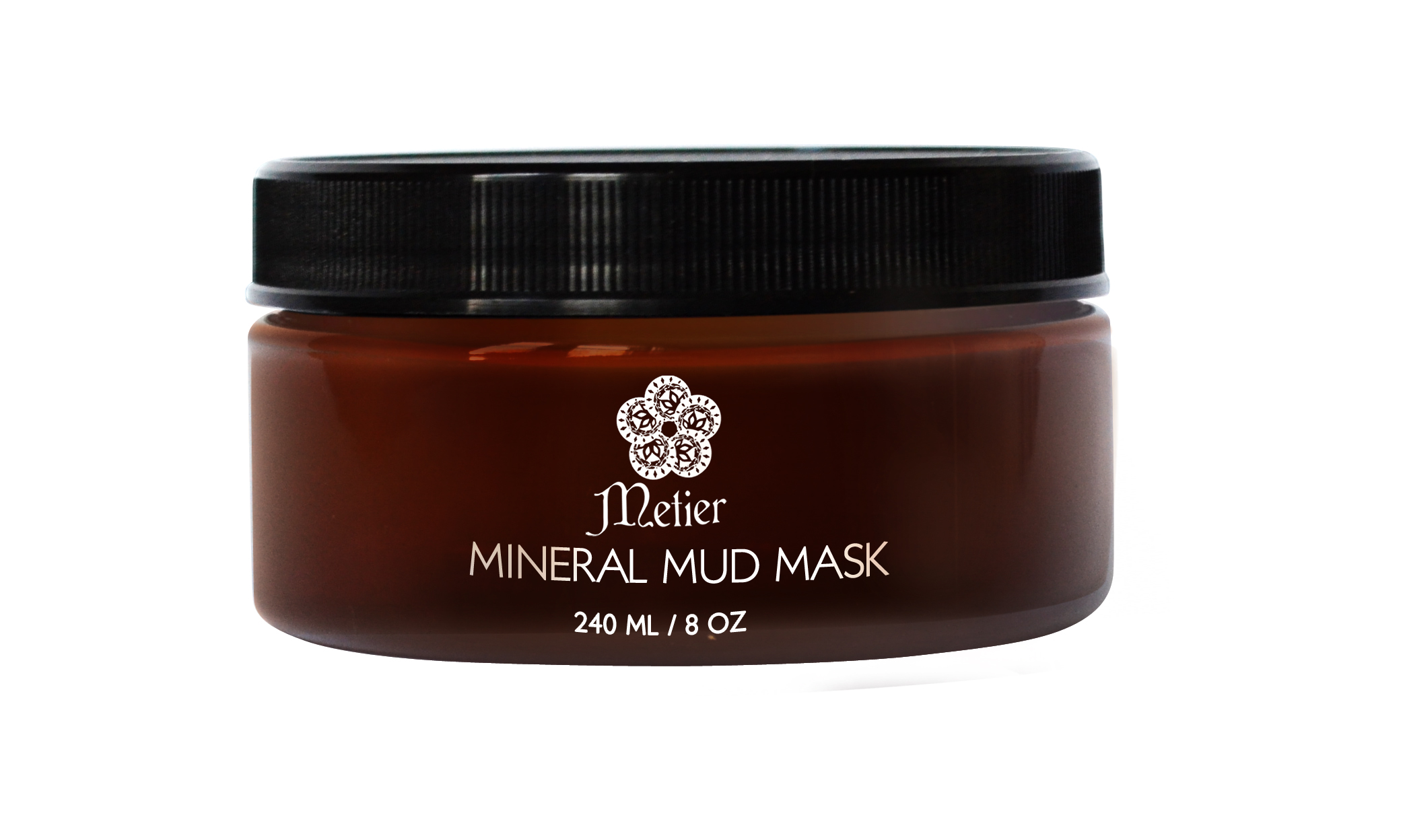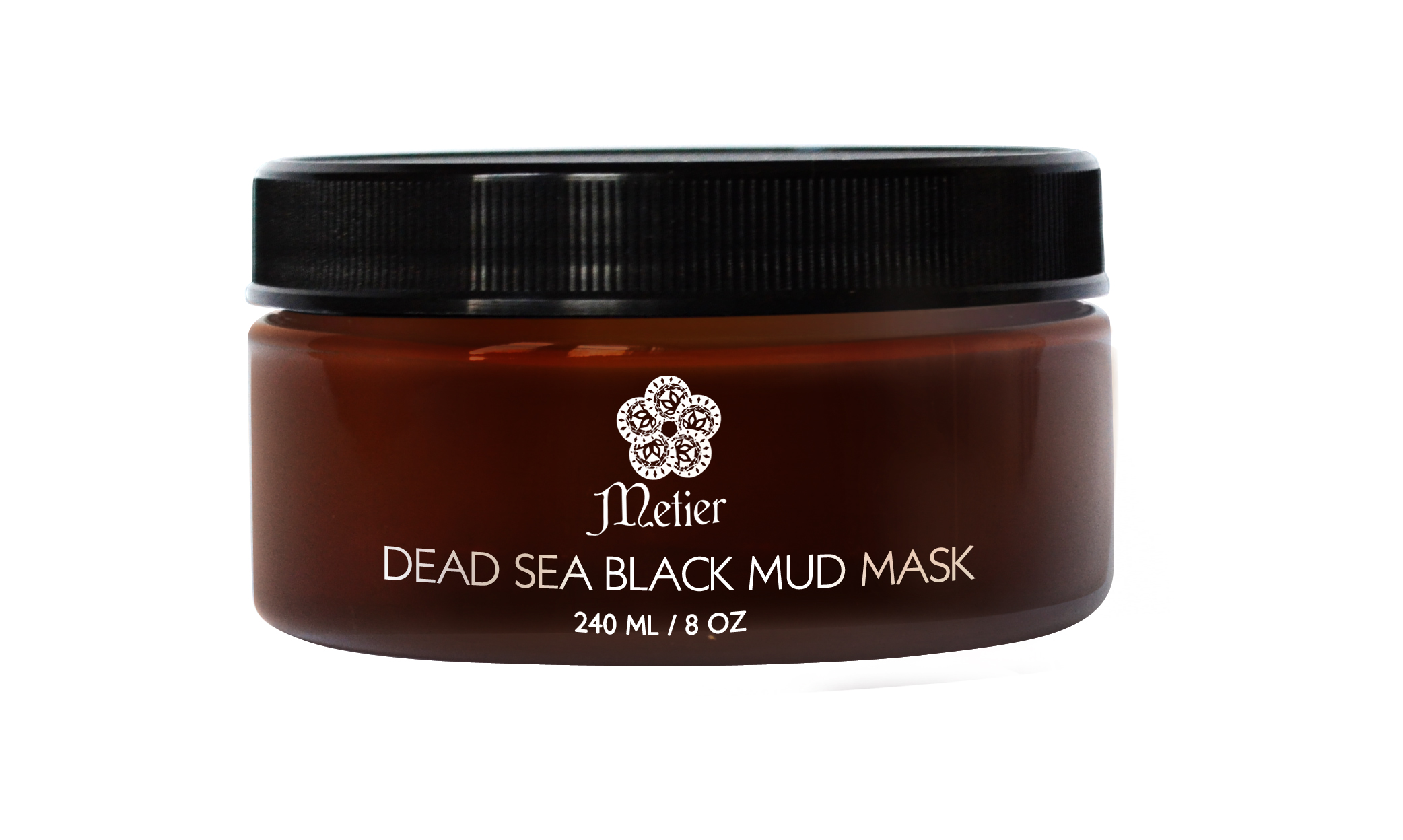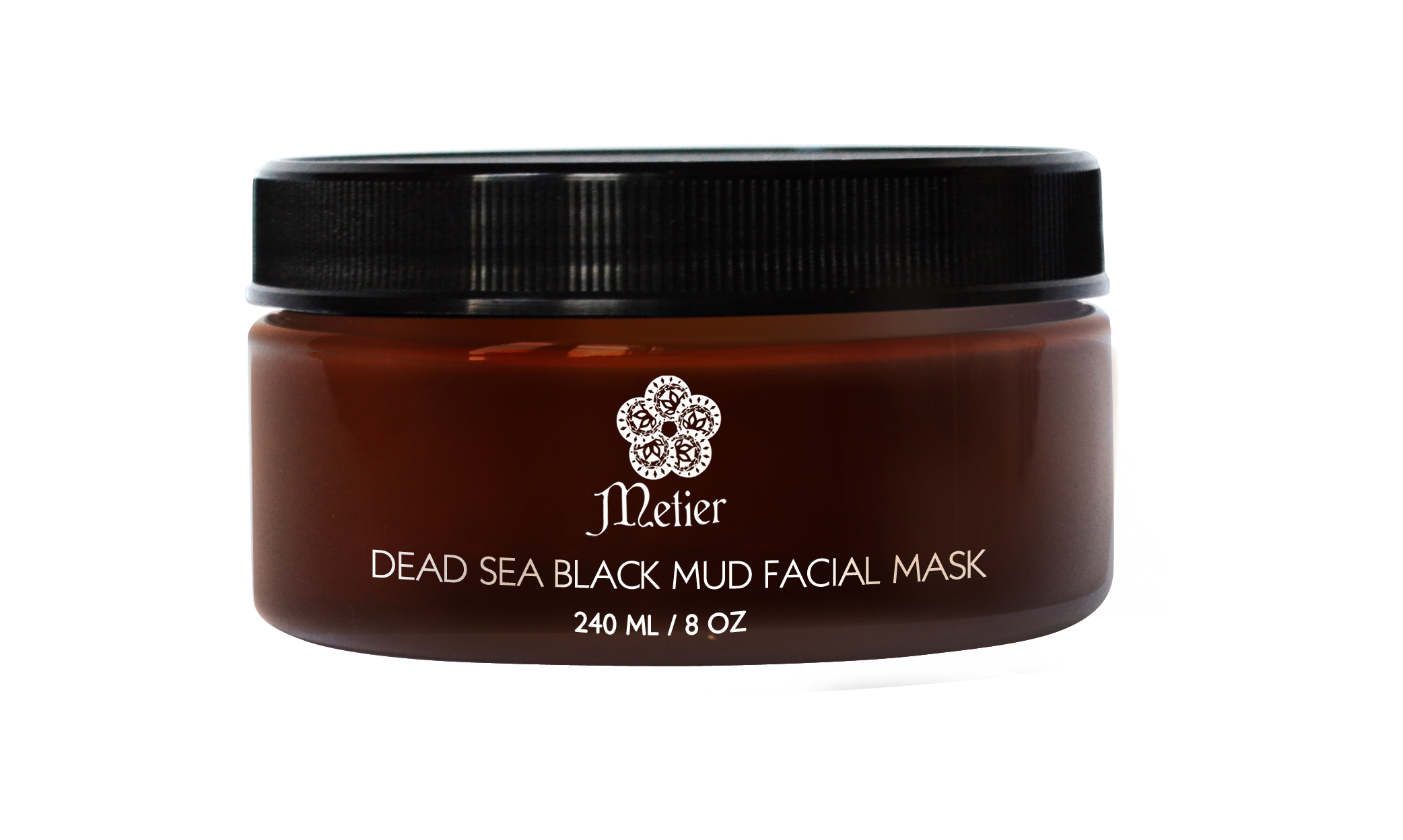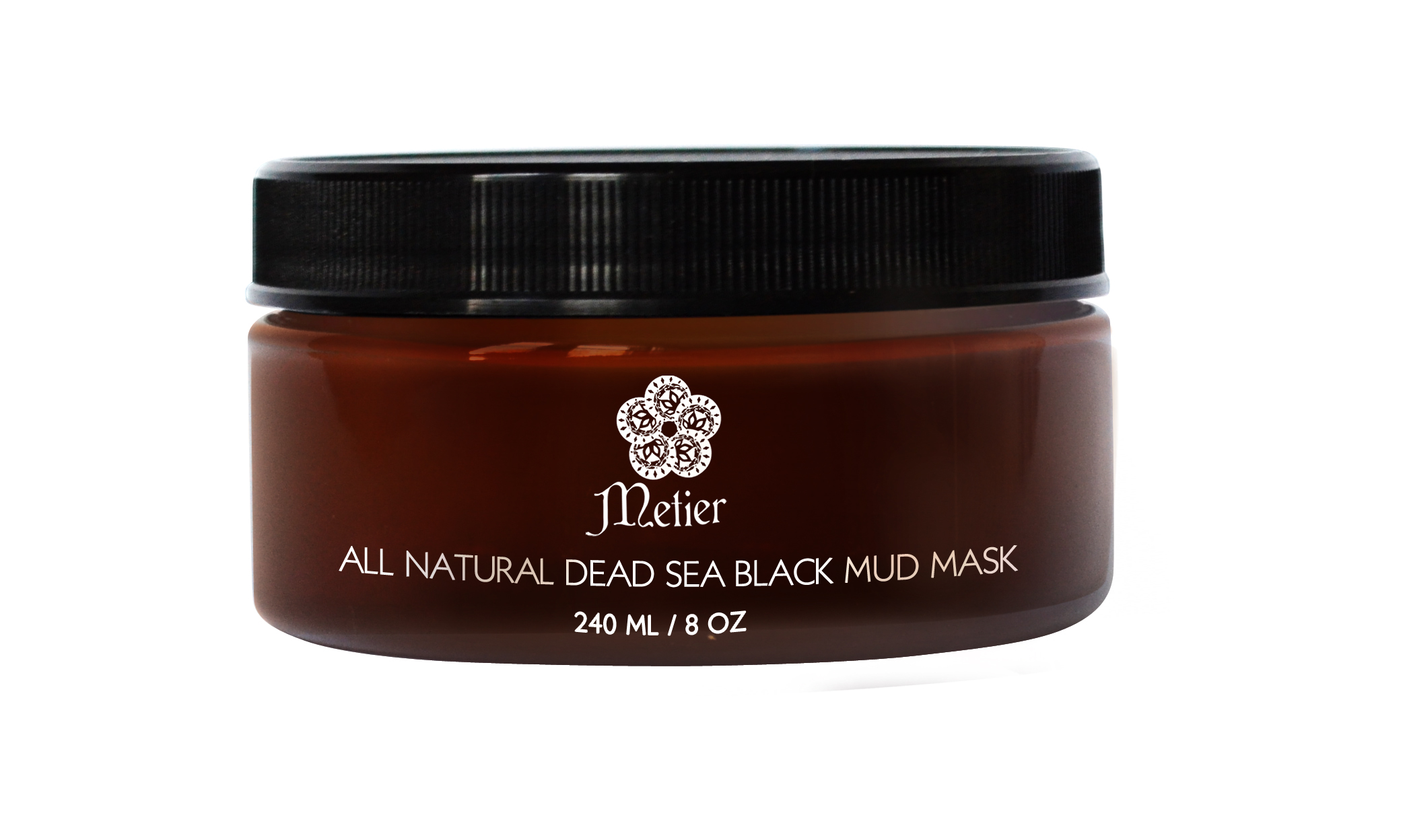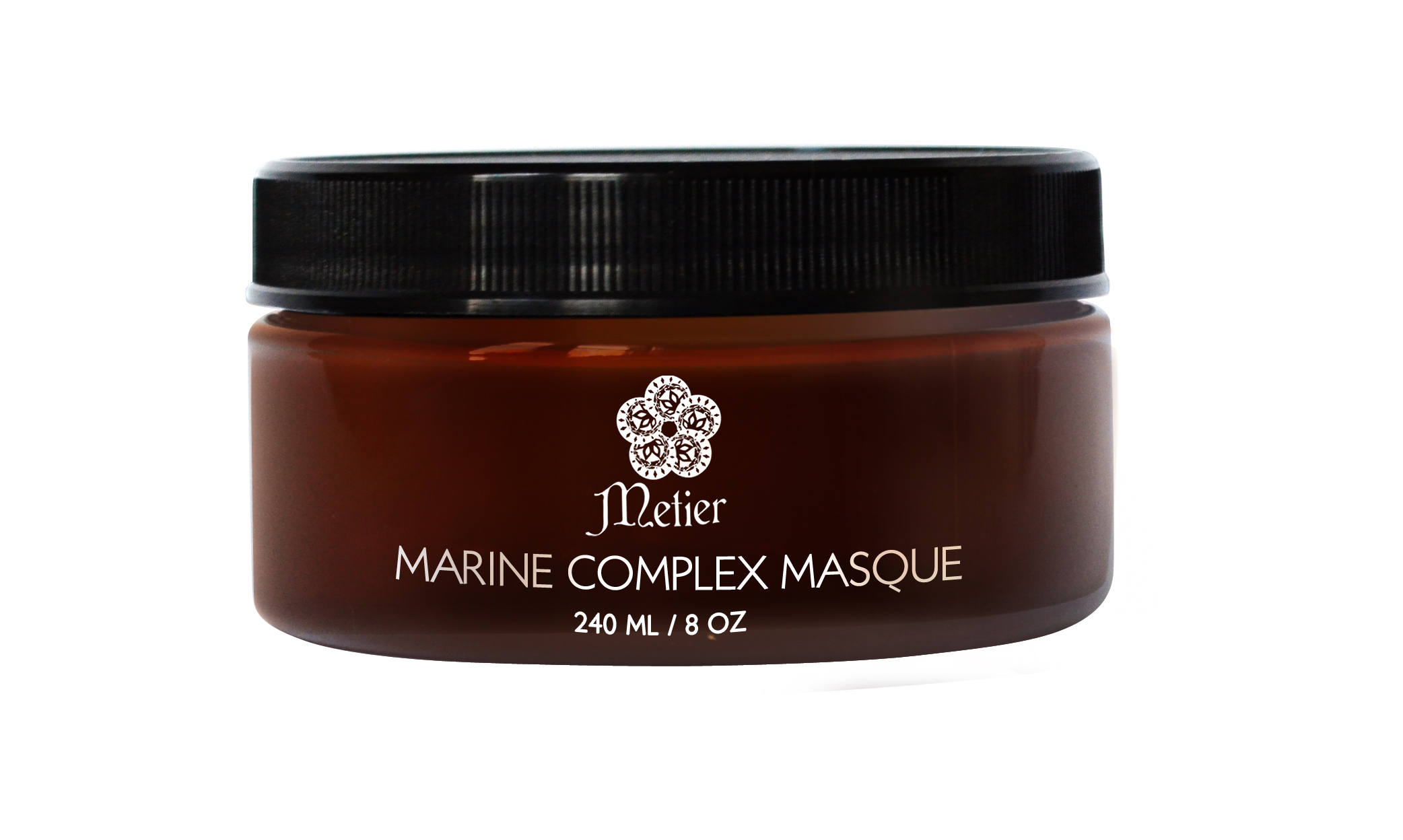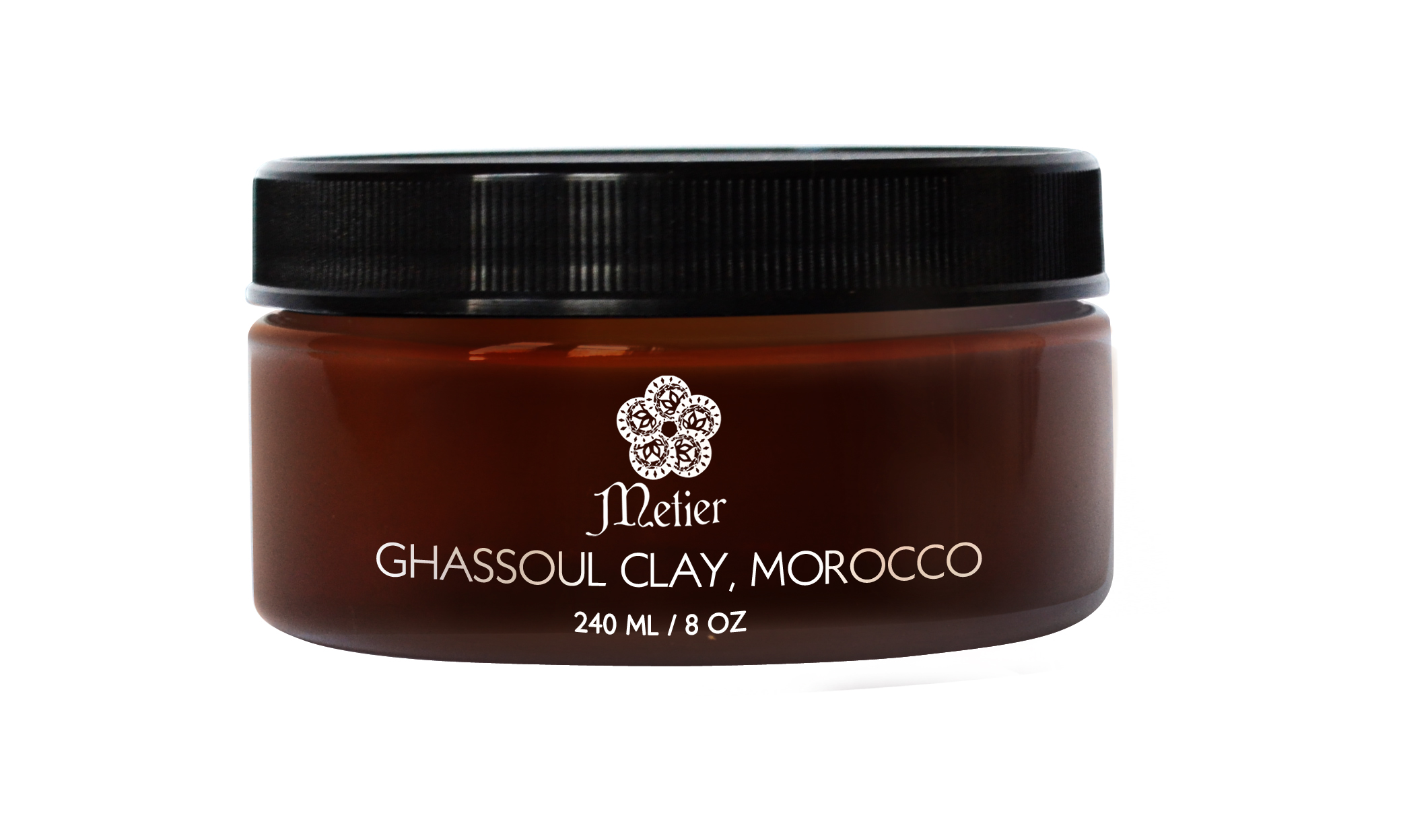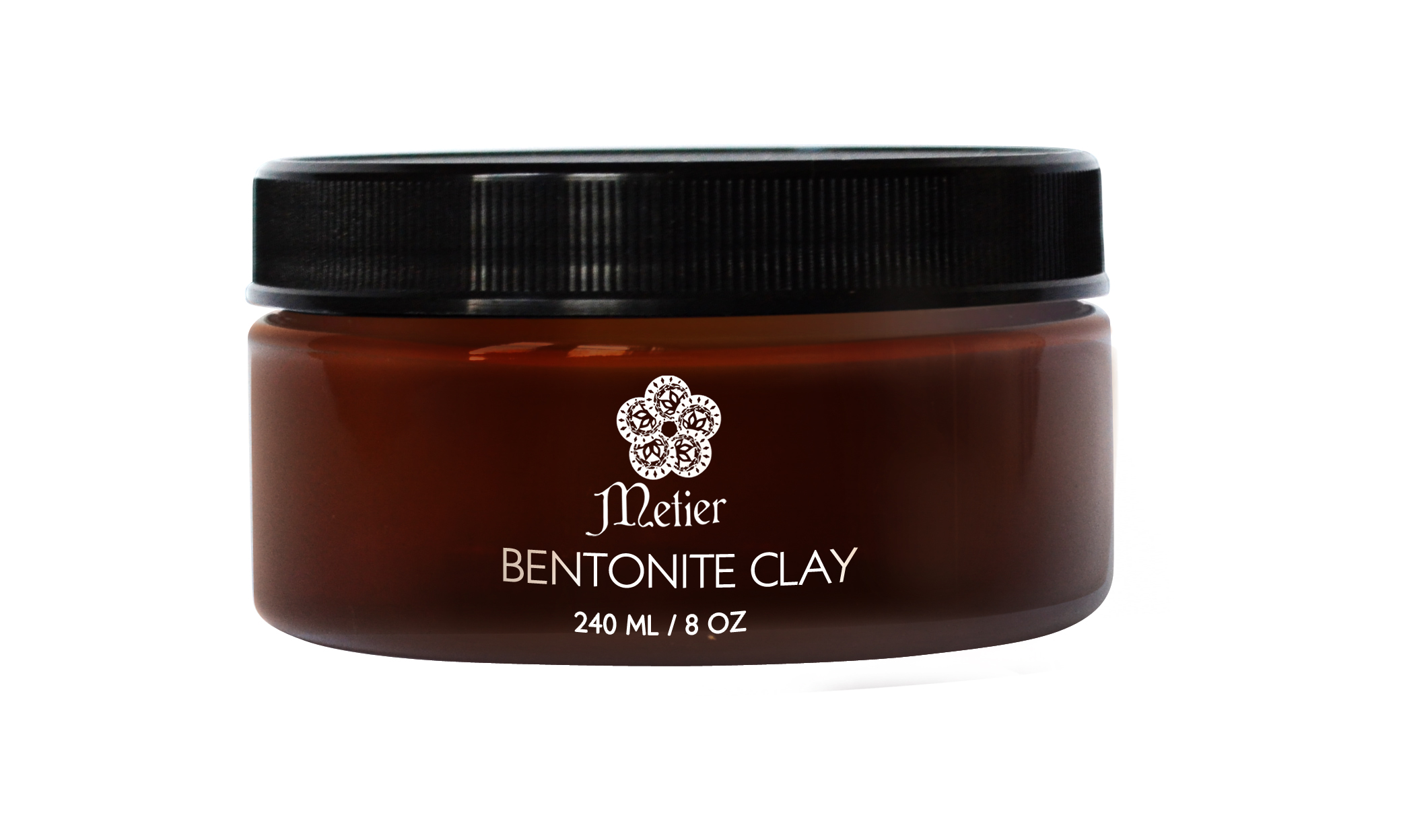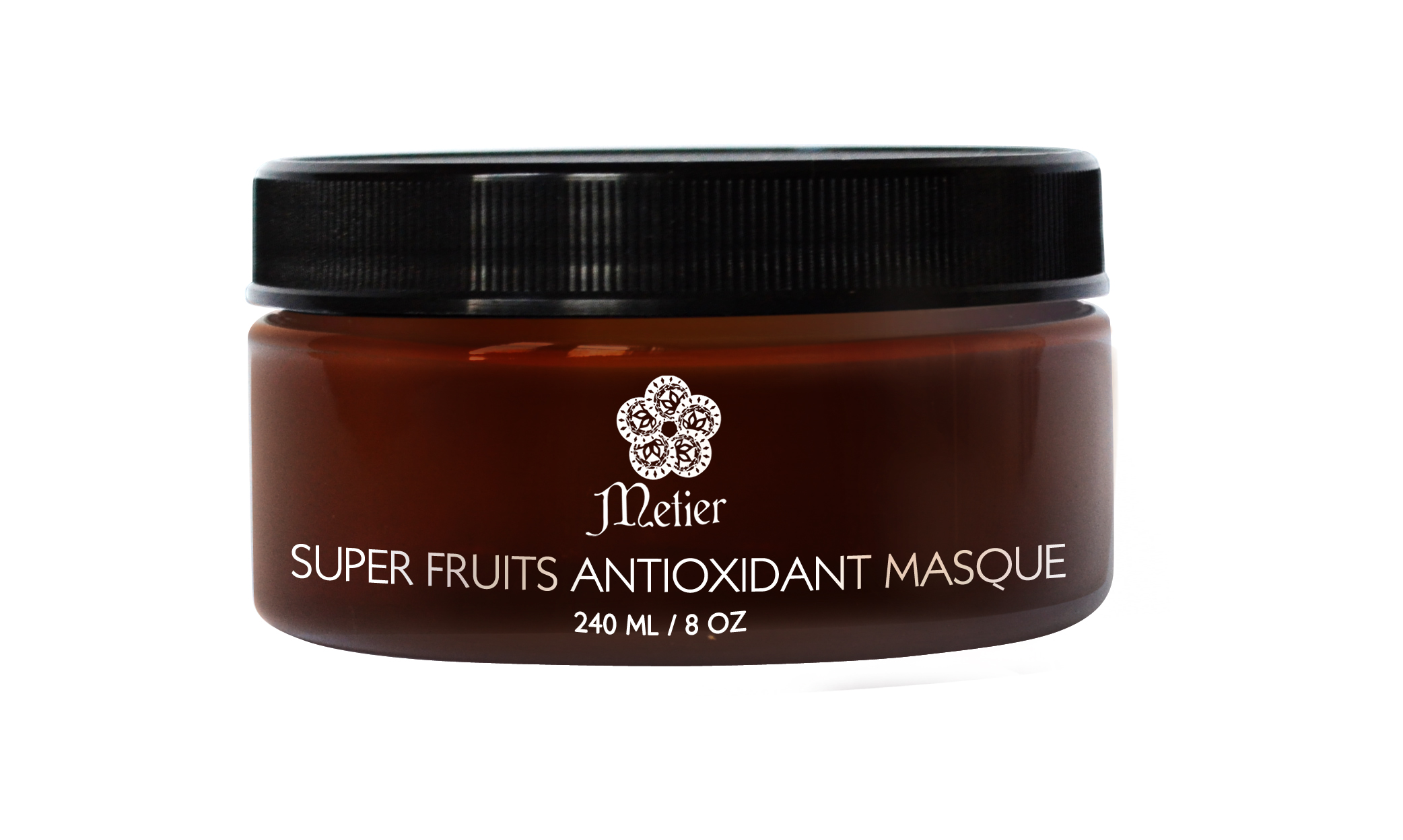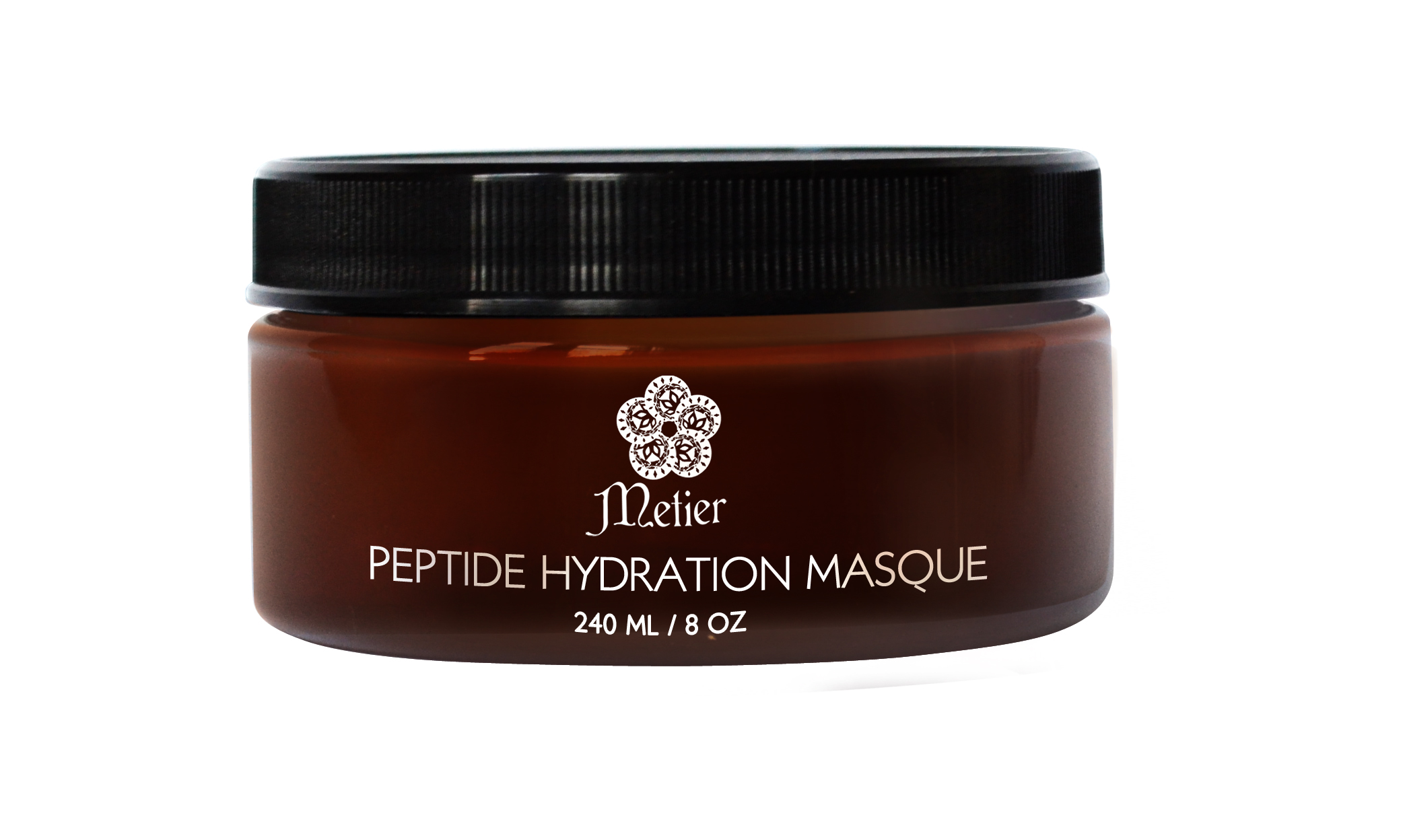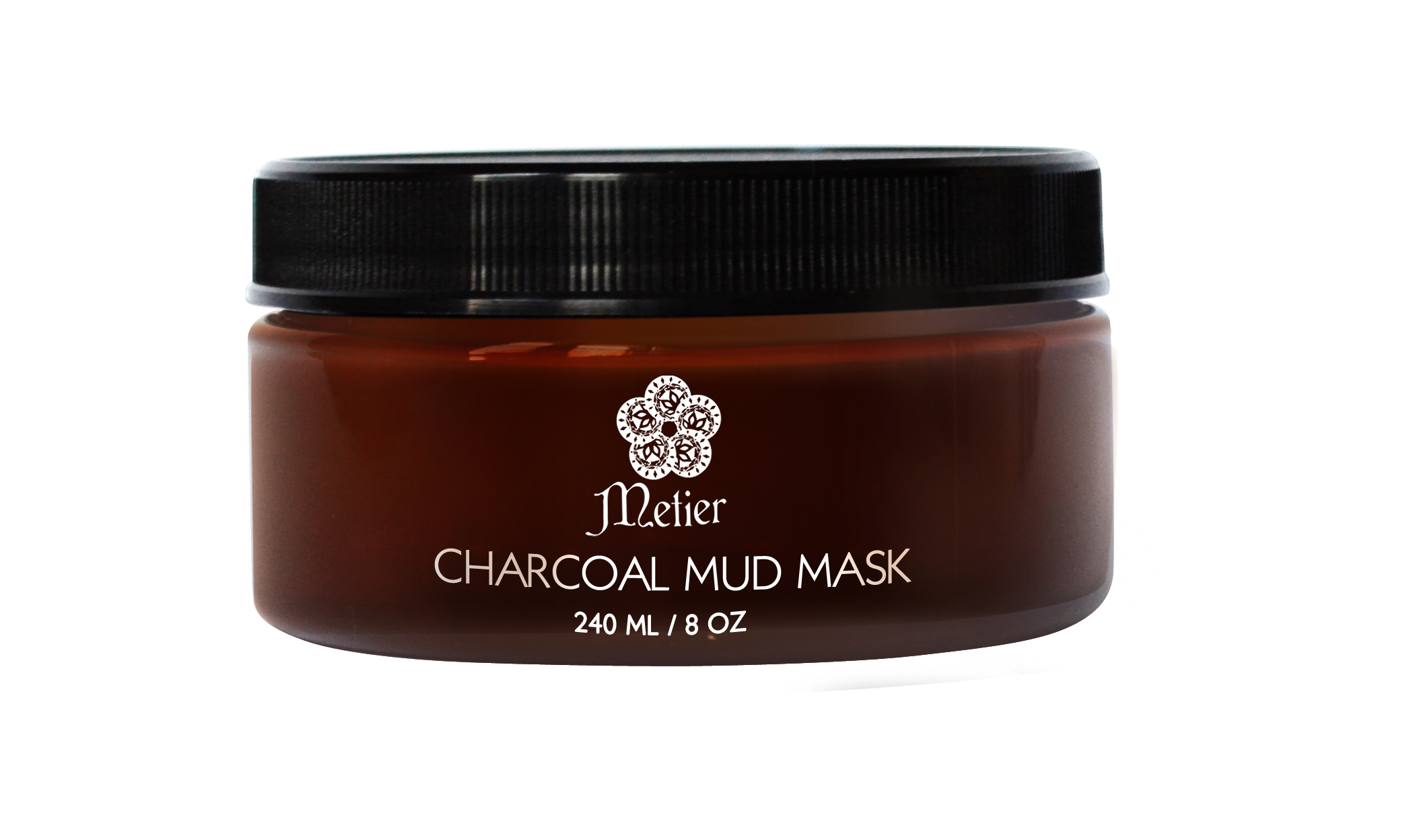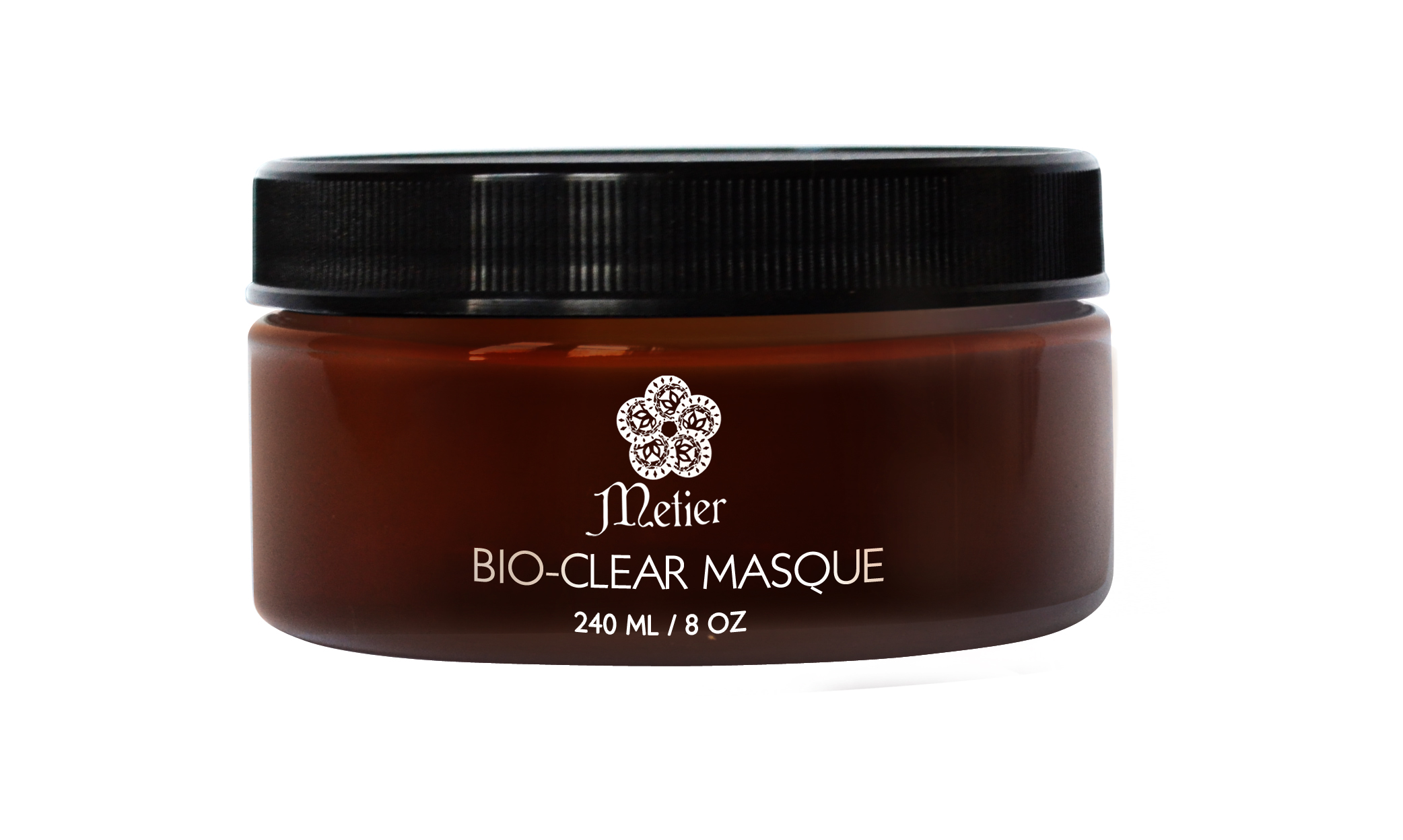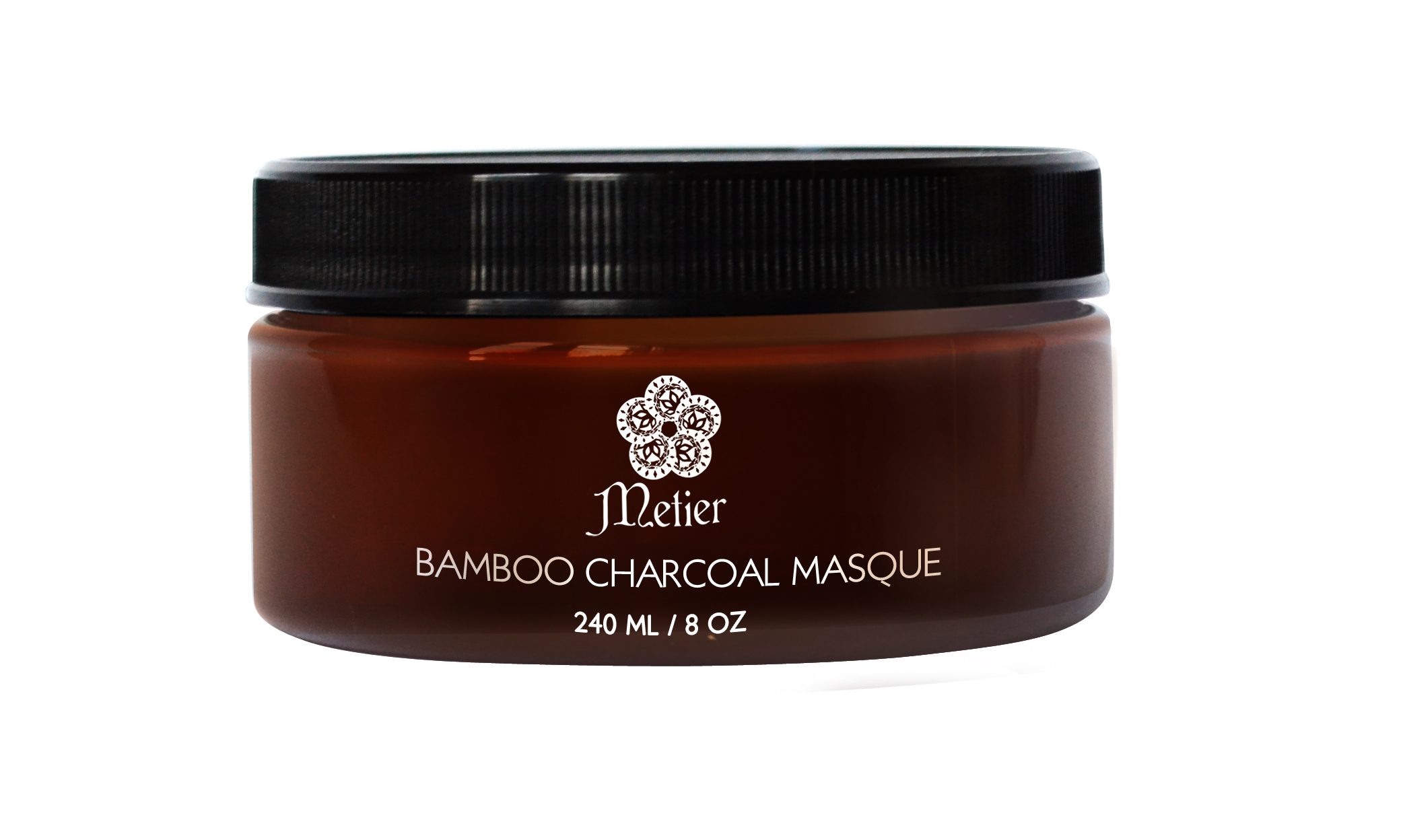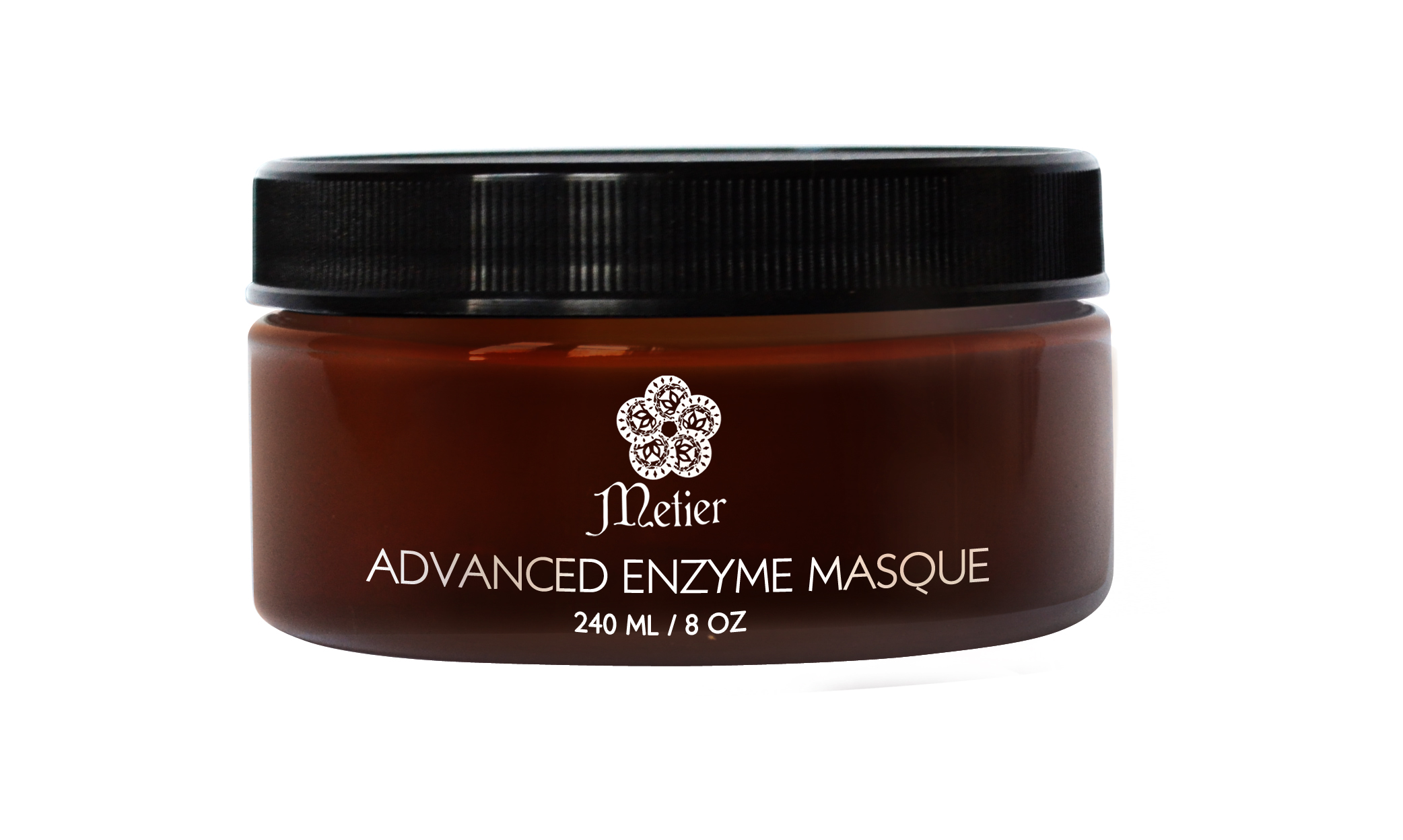Should everyone use a face mask? Absolutely. Face masks are the perfect skin care treatment to help you with your skin care concerns. The right face mask can help hydrate skin, remove excess oils and help improve the appearance of your pores. They’re also an excellent way to help pull out impurities.
Every healthy skin care regimen includes daily use and weekly use products in your Spa & Beauty Salon . You can use a face mask once a week, or you can use it more then that depending on your skin and your skin care concerns.
Both mud masks and clay masks have many benefits to the skin when applied. Both are often used in spa treatments. As clay is more of a drying agent, and mud is more for hydrating, it is important to know what type of skin you have and the differences before choosing a product to use on your skin.
Mud
Mud masks have many benefits to the skin. In addition to mud, some commercially-made mud masks may also contain minerals from the Dead Sea as well as honey or green tea. Mud masks are known to improve blood circulation under the skin, cleanse skin of dirt and impurities, moisturize and refresh tired skin and make the skin appear brighter, softer and clearer. In addition to the cleansing, moisturizing and upkeep of the skin, mud masks also serve to repair skin tissue, which improves the skin’s natural elasticity, making it appear younger.
Clay
Clay masks have many benefits to oily skin, which is prone to breakouts. A clay mask is best for absorbing excess dirt and oil and drying out excessively oily skin. In addition to its drying effect, clay masks tighten sagging skin, exfoliates dead skin cells from the face and refines enlarged or enflamed pores. In addition to masks, clay can be found in many skin care products such as soaps and powders. Clay is high in nutrients which, when applied to your face in mask form, get absorbed into the skin.
Differences
Mud and clay masks are similar as they both come from the earth, however the benefits are slightly different. The main difference between the two is that mud a skin-healing agent, while clay is a cosmetic, drying skin agent. Clay masks are most useful for someone who has oily skin and is prone to breakouts of acne and blemishes. Mud is water-based, so the product in mask form is more hydrating than drying. A mud mask is more beneficial to someone with dryer, more dull skin.


